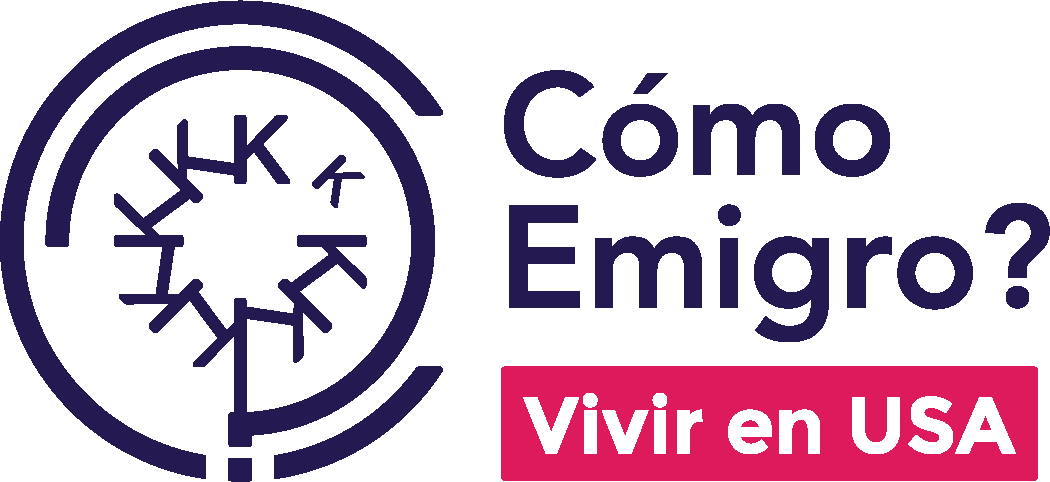How to obtain your legal residence in the United States?
By applying for the visa that best suits your case
Schedule a consultation to discover the most viable one for you
Our services include:
Consultations and legal procedures to achieve a successful application
Types of VISAS
Immigrant Visas:
Immigrant visas are those that allow foreigners to establish permanent residence in the United States.
There are several categories of immigrant visas, each with its own requirements and benefits.
Here are the most common types of immigrant visas:
Visa EB-1:
For individuals with extraordinary abilities in sciences, arts, education, business, or athletics. It also applies to managers and executives of multinational companies
Applicants must demonstrate outstanding achievements in their field and have the intention to continue working in that field in the United States.
The main benefit of this visa is that applicants can obtain permanent residence without the need for a job offer or labor certification.
Visa EB-2:
For individuals with exceptional abilities in sciences, arts, or business, or for professionals with advanced degrees.
Applicants must have a job offer and demonstrate that their hiring will not negatively impact U.S. workers.
The main benefit of this visa is that applicants can obtain permanent residence in the United States.
Visa EB-3:
For professionals, skilled workers, and other unskilled workers.
Applicants must have a job offer and demonstrate that there are no available U.S. workers for that job.
The main benefit of this visa is that applicants can obtain permanent residence in the United States.
Immediate Relative Visas:
For spouses, unmarried children under 21, and parents of U.S. citizens.
There is no limit on the number of immediate relative visas issued each year.
The main benefit of this visa is that applicants can obtain permanent residence in the United States without having to wait in a visa queue.
Diversity Visa, better known as the Visa Lottery:
For individuals from countries with low immigration rates to the United States.
A limited number of diversity visas are issued each year.
The main benefit of this visa is that applicants can obtain permanent residence in the United States.”
Schedule a consultation and start creating your Immigration Plan
Non-Immigrant Visas:
Non-immigrant visas are those that allow foreigners to stay temporarily in the United States for a specific purpose, such as studying, working, or tourism.
Below are descriptions of the most common types of non-immigrant visas:
Visa B-1/B-2:
For individuals who wish to temporarily visit the United States for business (B-1) or for pleasure/tourism (B-2).
Applicants must demonstrate that they intend to stay in the United States for a limited period of time and have sufficient ties to their home country to ensure their return.
The main benefit of this visa is that it allows applicants to temporarily travel to the United States for tourism, recreation, or business purposes.
Visa F-1:
For students who wish to study at an accredited educational institution in the United States.
Applicants must demonstrate that they have been admitted to an accredited educational institution in the United States, have sufficient financial resources to support themselves during their stay, and intend to return to their home country after completing their studies.
The main benefit of this visa is that it allows foreign students to study in the United States.
Visa J-1:
For individuals who wish to participate in a cultural or educational exchange program in the United States.
Applicants must demonstrate that they have been accepted into an exchange program and have sufficient financial resources to support themselves during their stay.
The main benefit of this visa is that it allows participants in cultural or educational exchange programs to enhance their language and cultural skills.
Visa H-1B:
For temporary workers with specialized skills in fields such as computer science, engineering, or medicine.
Applicants must have a job offer from a company in the United States and demonstrate that they possess specialized skills not readily available in U.S. workers.
The main benefit of this visa is that it allows specialized workers to temporarily work in the United States.
Visa E-2:
For investors who wish to invest a significant amount of capital in a U.S. company.
Applicants must demonstrate that they own and actively control a U.S. business and have invested a significant amount of capital in that business.
The main benefit of this visa is that it allows investors to temporarily work in the United States and manage their company.
